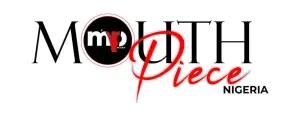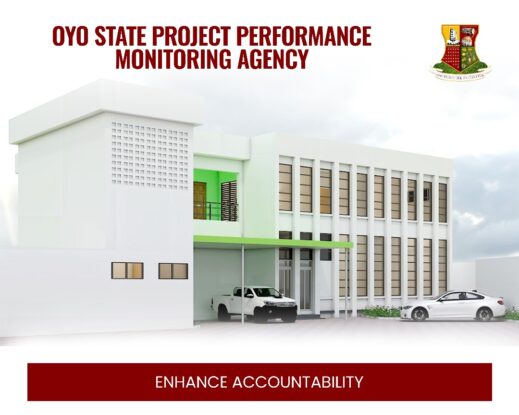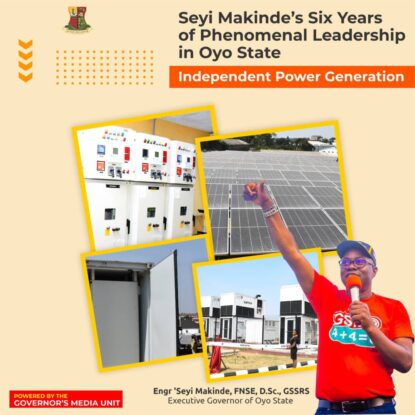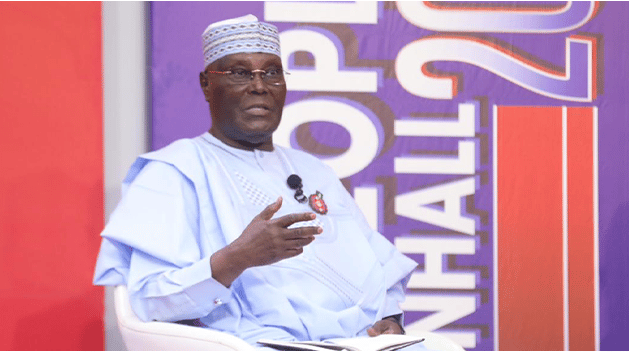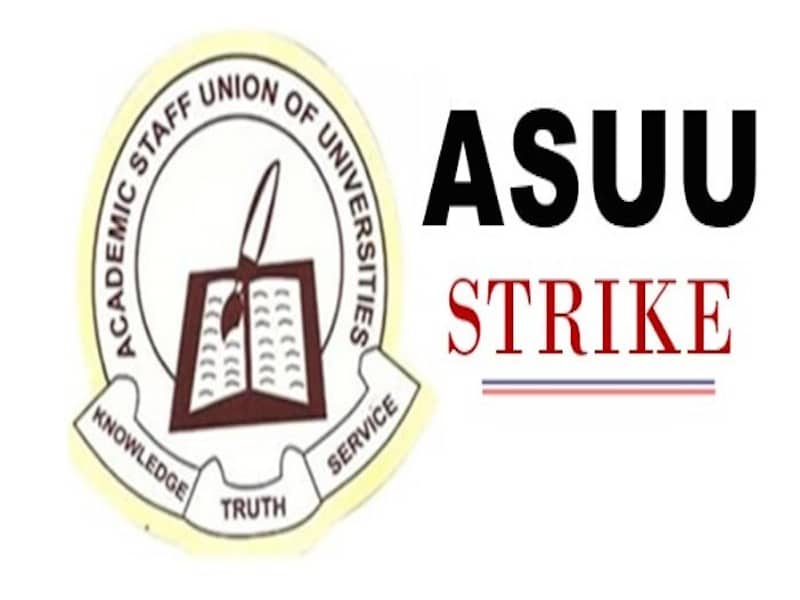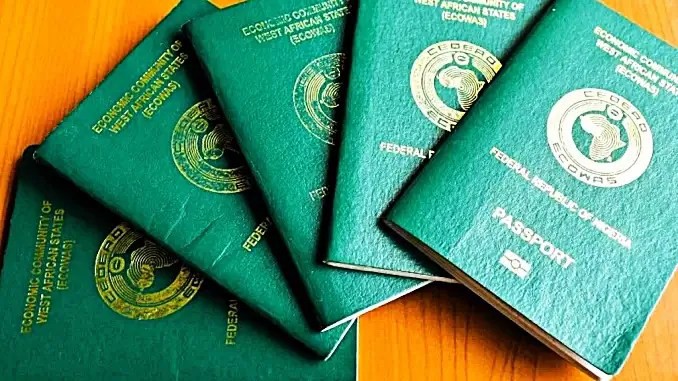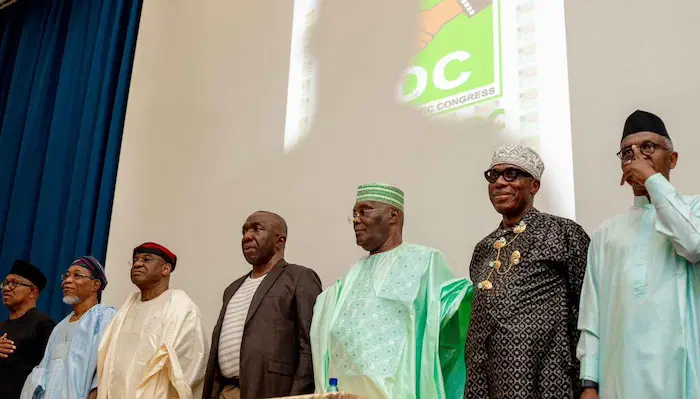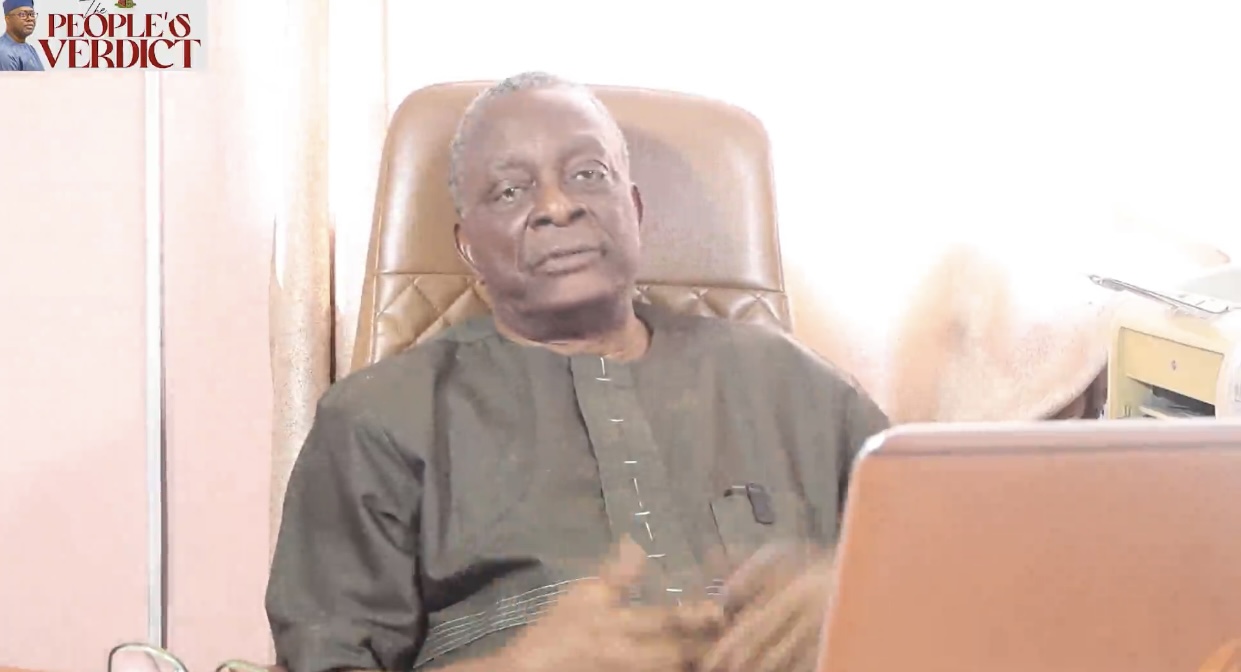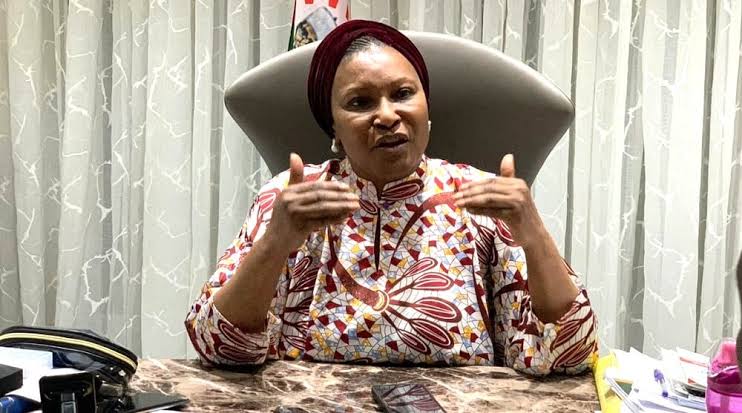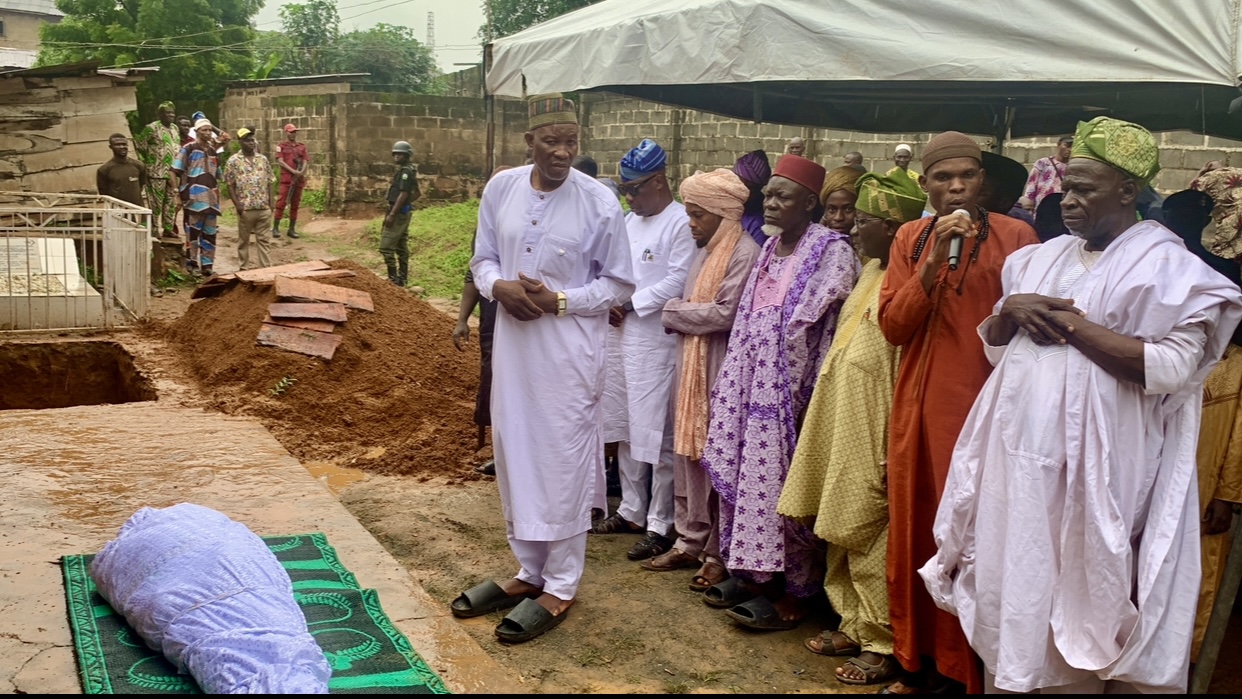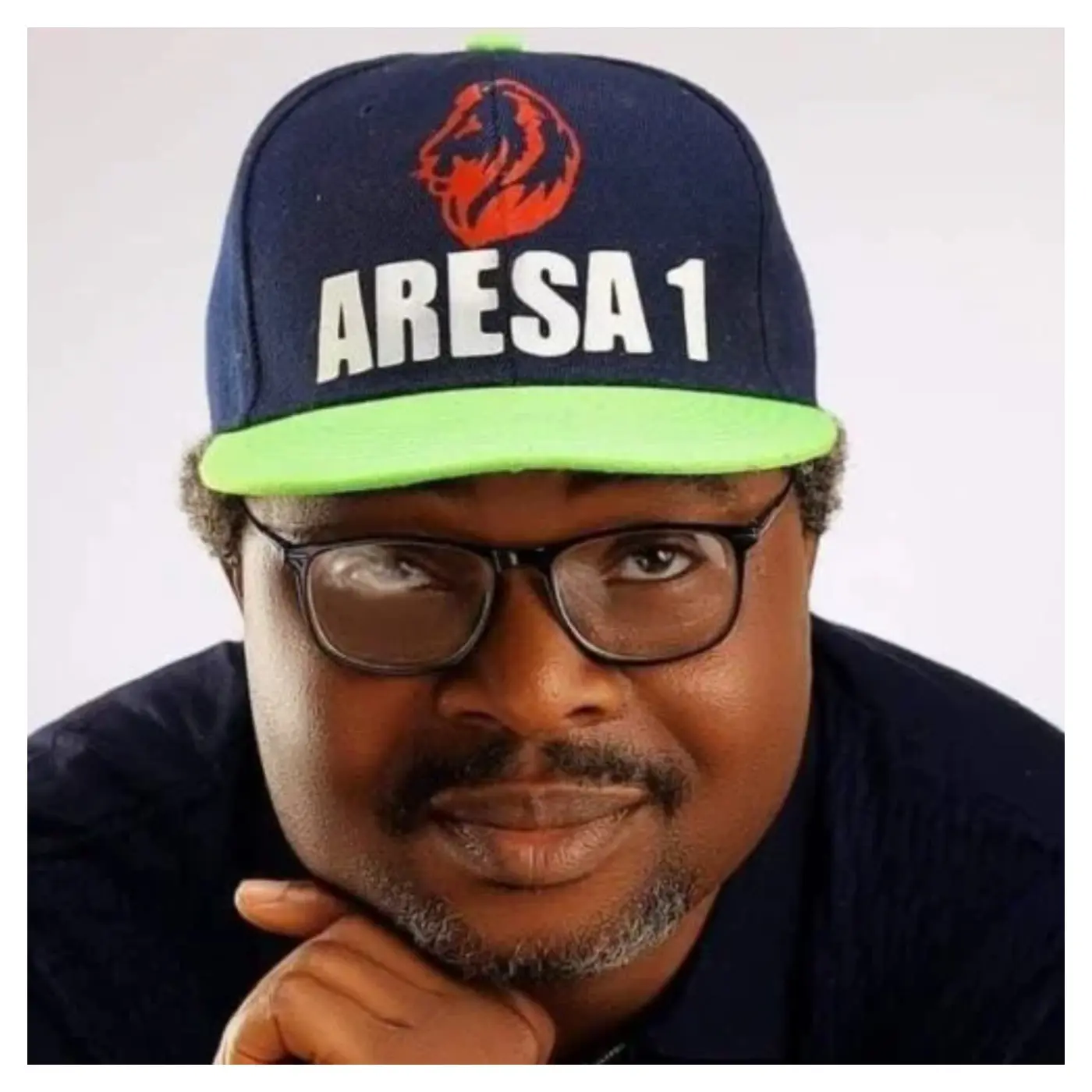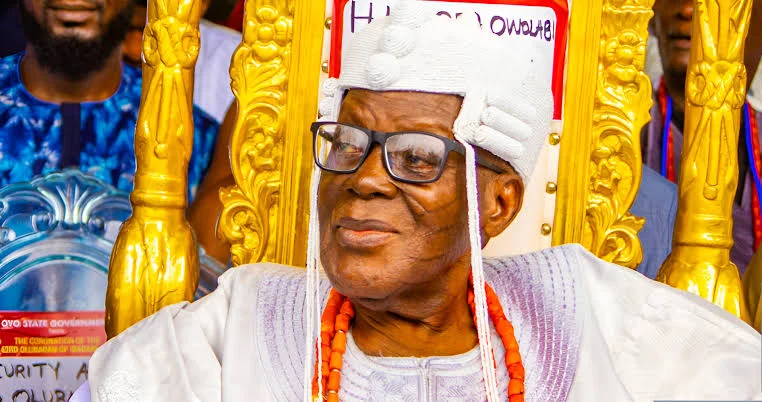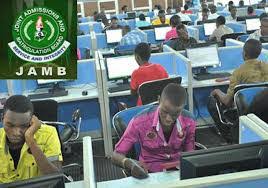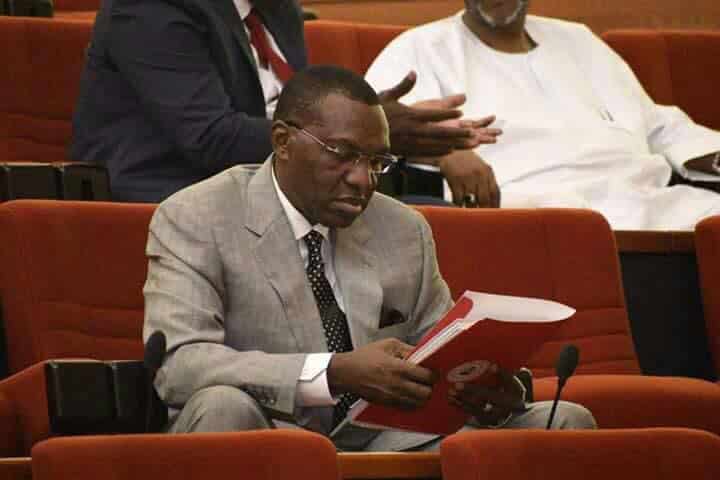Education Quality Assurance Policy: An Imperative for Private Conventional Islamic Schools (PCIS) in Nigeria
To start with, what is Quality Assurance (QA)? To conceptualize a QA policy, we need to understand QA. The American Society for Quality (ASQ) defines Quality Assurance as “the planned and systematic activities implemented in a quality system so that quality requirements for a product or service will be fulfilled.” But with the inclusion of the word “education” to Education Quality Assurance (EQA), a new meaning is added. Thus, EQA, according the National Education Quality Assurance Handbook (NEQAH) for Basic and Secondary Education in Nigeria, “involves systematic monitoring, evaluating, regulating and reporting of educational programmes and practices to ensure that acceptable standards are attained and maintained. It is a dynamic process that provides the needed guidance and support to schools for improved learning outcomes for learners.”
The standards referred to in the above definition, are the goals to which all stakeholders in education – teachers, students and their parents/guardians – aspire to achieve. An EQA policy of an individual PCIS, therefore, is a document that derives its views of EQA from the NEQAH with necessary Islamic adaptations that ensure the quality of processes, products and services for the overall objective of providing a balanced Muslim education. The foregoing, therefore, suggests that EQA standards aim at continuous process meant to entrench continuous improvement, as opposed to the erroneous view that refer to them as minimum standards.
The standards referred to in the above definition, are the goals to which all stakeholders in education – teachers, students and their parents/guardians – aspire to achieve. An EQA policy of an individual PCIS, therefore, is a document that derives its views of EQA from the NEQAH with necessary Islamic adaptations that ensure the quality of processes, products and services for the overall objective of providing a balanced Muslim education. The foregoing, therefore, suggests that EQA standards aim at continuous process meant to entrench continuous improvement, as opposed to the erroneous view that refer to them as minimum standards.
Standards and evaluation processes are very relevant in EQA discussion as both are central to the whole idea of ensuring quality of processes, products and services. I shall endeavour to elaborate on these two concepts below.
I. EQA standards
Essentially, the EQA standards as contained in the NEQAH include; Learners’ achievement and behavior, Quality of teaching and learning, Curriculum and other activities, Care, Guidance and Safety, the Learning environment and Leadership and management. Each of the listed standards was followed with detailed explanation. But an important observation worthy of note is that the entire NEQAH was conceived purely from a non-religious perspective, after all the type of education largely promoted by Nigerian governments at all levels is the western education – otherwise called conventional education by enlightened Muslims to maintain a balanced view. After all, western education is not really western as it is a contribution of different civilizations around the world, Islamic civilization inclusive.
PCIS as an institution below the tertiary level, offering a combination of Conventional, Arabic and Islamic types of education, has a tripartite obligation to formulate EQA standards that will be compliant with the Arabic and Islamic education they claim to offer. The tripartite obligation is in the form of legal, religious and moral obligations. Legal obligation can be seen from the contractual relationship that exists between the PCIS and parents/guardians, where the PCIS as a party, must keep their contractual promise to the other party i.e parents/guardians. Such legal obligation, on the part of PCIS, should, mandatorily, include the Islamization of EQA standards. The religious obligation rests heavily on them too, as Islamic education of the Muslim children was the primary motive for establishing faith-based institutions of learning. While the moral obligation presupposes that they should live up to their appellation as Islamic schools. I shall attempt, here, to illustrate a reflection of Arabic and Islamic education of Learners’ achievement and behavior – the first of the EQA standards, using primary education as a case study.
Learners’ Achievement and Behaviour
1. Early Child Care and Development/Pre-primary Education
A. Values and Norms
Every child should (a) have a sense of cooperation and team-sprit as enjoined by Islam, (b) develop good habits such as good health habits as enjoined by Islam, and (c) have basic societal norms (such as respect for elders, greetings etc.) as enjoined by Islam.
B. Competence and Skills
Every child should (a) communicate in his/her own language, possess the ability to pronounce some English and Arabic words,(b) acquire rudiments of numbers, letters, colours, shapes, forms etc. through play; in both English and Arabic, (c) acquire spirit of enquiry and creativity through playing with toys etc. within the limits set by Islam (d) have smooth transition from home to school; and (e) be ready for primary education.
2. Primary Education 1-3 (Lower Primary)
A. Values and Norms
By the end of primary 1-3, every child should (a) have the ability to adapt to his/her changing environment, (b) exhibit patriotism, fairness, understanding and tolerance as defined by Islam (c) have Islamic morals and values instilled; and (d) have respect for constituted authority, rules and regulation as enjoined by Islam.
B. Competence and Skills
By the end of primary 1-3, every child should (a) have a foundation for permanent literacy and numeracy in English and Arabic,(b) have the ability to communicate in the mother tongue, the language of the immediate environment, English and Arabic languages (c) have acquired some measure of manipulative skills as qualified by Islam; and (d) exhibit safety and security awareness in the Islamic way.
3. Primary Education 4- 6 (Upper Primary)
A. Values and Norms
By the end of primary 4-6, every child should (a) exhibit patriotism, fairness, understanding and tolerance as defined by Islam, (b)appreciate and demonstrate Islamic morals and values; and (c) have respect for constituted authority, rules and regulation as enjoined by Islam.
B. Competence and Skills
By the end of primary 4-6, every child should (a) exhibit safety and security awareness in the Islamic way, (b) acquire manipulative skills as qualified by Islam, to enable him/her function effectively in the society; (c) have permanent literacy and numeracy in English and Arabic languages as well as ability to communicate effectively in both languages, (d) be ready for further educational advancement, lawful trade and permissible craft of the locality, (e) have sound basis for scientific and reflective thinking within the permissible limits set by Islam, (f) develop the ability to adapt to the changing environment; and (g)acquire ICT literacy and skills, including basic Arabic digital skills as may be relevant in the Nigerian society.
From the above EQA standards, a good case has been made to reflect Arabic and Islamic education of the Muslim children. That notwithstanding, the above is not cast in stone, as several models may be drafted without necessarily deviating from the national standards as set by the Federal Education Quality Assurance Service, under the Federal Ministry of Education. Another innovative way to determine the EQA standards suitable for a robust blend of Conventional, Arabic and Islamic types of education is to consider the standards in the light of the aims and objectives of Islamic education as articulated at the World conferences on Muslim education.
II. Evaluation processes
NEQAH also deals with the following types of evaluation processes; the whole school evaluation, special evaluation, accreditation evaluation and follow-through evaluation. School self-evaluation, within the contemplation of NEQAH, is a component of the whole school evaluation. Its other component is the external evaluation. Of all the evaluation processes afore-mentioned, it is only the School self-evaluation that concerns PCIS. External evaluation and other types are the exclusive mandate of accredited Quality Assurance Evaluators (QAEs).
Any of the above types of evaluation is a serious task. School self-evaluation, for instance, requires the views of relevant stakeholders. Evaluation is not school terminal or annual reports, neither is it assertions or long lists of programmes and initiatives embarked upon by the school in a given academic term or session. The whole idea is about a process which schools adopt to assess the quality of what they are doing, how it is being done and the resultant impact on the learners. Thus, any PCIS without a system of self-evaluation may be far from being professional on the job – the implications of which are very grave for an organization with tripartite obligation. We can, then, start to imagine the resultant negative effects on the overall standard of education in the country, where school managers without requisite professional qualification run our educational institutions!
Essential Components of a QA Policy for PCIS
Many education scholars have contributed to the need to put in place a quality assurance system in schools. This writer holds the view that the time has come for individual schools to formulate a branded QA policy. It seems that with the NEQAH, it is believed there may be little or no need for schools to formulate a new QA policy or even create a QA unit within a school. While this view maybe correct to some extent, it is opined that a QA policy is an indispensable document for every school – the PCIS inclusive. There is even more compelling reason for PCIS to have a QA policy in view of their religious mandate, which presupposes that the entire QA processes should, as a matter of necessity, be conceptually Islamized.
How can PCIS truly claim to have evolved an Islamic education if the EQA standards of Learners’ achievement and behavior, Quality of teaching and learning, Curriculum and other activities, Care, Guidance and Safety, the Learning environment and Leadership and management are not conceptually Islamized?! I shall illustrate here with the EQA standard of leadership and management.
Going by Islamic perspective, there are seven foundations of management, which include; Shura-based leadership style, Collective responsibility, Open door policy, Delegation of Authority, Human relations, Exemplariness and Fairness. Also, the managerial tools under Islamic management theory are planning, controlling or regulation, guidance and, monitoring and supervision. Each of these foundations and tools have a purely Islamized conception, the elaboration of which space will not permit here. The implication of the foregoing for EQA standard of leadership is that PCIS as an Islamic institution must adopt Shura-based leadership style, as against the leadership styles of autocratic, democratic or laissez faire.
From a school business perspective, evolving a QA policy is likely to attract more patronage from people who have taste for quality education. With such QA policy in place, Parents/guardians will have a general idea of how processes, services and products offered by PCIS are quality assured. Meanwhile, the components of such a QA policy may be novel to some extent, which invariably means that the task of its formulation would largely rests on individual PCIS and where it is challenged – in terms of expertise – to produce one, it may seek the intervention of Muslim Educational Consultants or QA evaluators. In the opinion of this writer, the essential components of a QA policy for PCIS, in its simplistic fashion, will include; philosophy of Nigerian education as contained in the National Policy on Education, aims and objectives of Islamic education, national and state regulatory agencies on Quality Assurance for basic and secondary education in Nigerian, well-articulated Islamic standards for EQA, a comprehensive evaluation processes, internal QA unit of a PCIS (its personnel and functions) and yearly evaluation exercise by Muslim Educational Consultant.
Parting words
Before Muslim parents and guardians start to demand for QA policy from PCIS of their wards/children, it is hoped that PCIS will be proactive by taking steps toward formulating QA policies of their respective schools, for self-evaluation and other connected purposes. When this is done, the external evaluation – carried out once in a three-year circle – by accredited QAEs of the relevant Education ministries will only be complementary rather than corrective.
It is an unprofessional act for an educational institution to carry on business relying on some uncritical feedbacks as always given by close associates and well-wishers. To this end, it is recommended that the various associations of PCIS such as the Association of Model Islamic Schools, League of Muslim School Proprietors, the Association of Muslim Schools’ Proprietors etc., of various states of the federation may come together on a state basis, to proffer practical approaches to QA issues as they affect the PCIS.
The above recommendation may, however, drag for too long before it becomes a reality, as some school proprietors may not, at the beginning, show keen interest in driving an initiative such as this. It may then be useful to suggest, in the alternative, that an individual PCIS could engage the service of a Muslim Educational Consultant to assist the interested PCIS in School self-evaluation. The report of such evaluation exercise would be presented to the school board for further deliberation and implementation of the relevant recommendations for possible improvements in identified areas.
In fact, the concerned PCIS can leverage on the information contained in the said report to find valid reasons to justify responses to many questions in the School self-evaluation report form. This private evaluation exercise also has the potential of identifying the root cause of the dwindling financial fortune of a PCIS and proffer recommendations that may attract handsome return on investment (ROI) over the course of time. It may be conducted, at least, once in every school year. Expectedly, the exercise should build on the activities of the internal QA system, as must have been carried out by the QA unit or desk of a PCIS during the academic session.
Idris Alao is a holder of Bachelors of Arts Education Degree in Islamic Religious Studies Education from the prestigious citadel of academic excellence, the Lagos State University. He is an Edupreneur and Professional Teacher, registered with the Teachers Registration Council of Nigeria (TRCN). He bagged LL.B Degree in Common and Islamic Law from the most-sought-after Nigerian University, the University of Ilorin, Ilorin, and was called to the Nigerian Bar as Barrister and Solicitor of the Supreme Court of Nigeria. He possessed the expertise in practical approaches to achieving a robust combination of Conventional, Arabic and Islamic types of education. He is also a Certified Translator in Arabic-English-Arabic language clusters and a member of the Nigerian Association of Educational Administration and Planning (NAEAP), Commonwealth Council of Educational Management (CCEAM), Nigerian Institute of Translators & Interpreters (NITI) and Nigerian Bar Association (NBA). [email protected]
